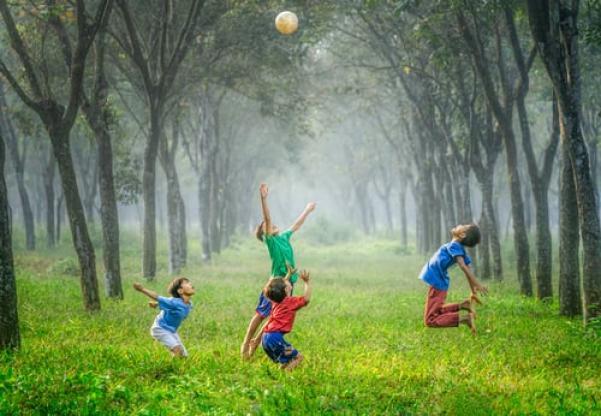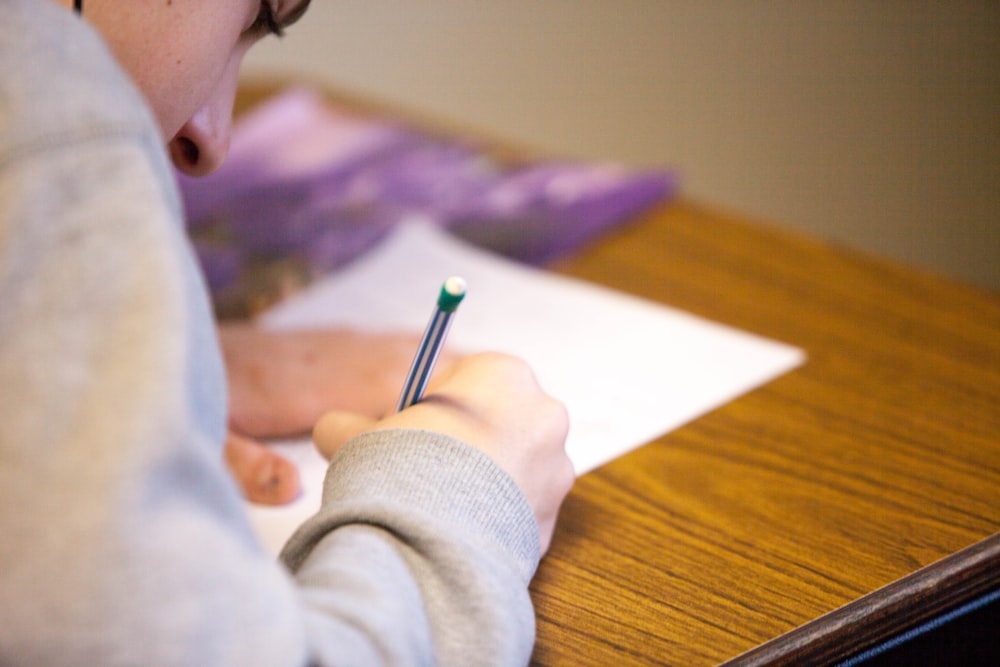If you’re finding it hard to concentrate these days, you’re not alone. There’s been an increase in Google searches looking up how to concentrate better and train ourselves to focus. Brain fog is a real thing right now, and with every day so much like the one before it, we can begin to feel a little detached from the things happening around us.
This is something that’s affecting our kids too. With all of us on screens more than ever thanks to online learning and working from home, our attention span is shot. And our kids especially, have been out of the routine of school for so long now, that the idea of them sitting quietly, learning at a desk for hours at a time is simply laughable. Our kids have had disrupted learning, more time inside thane ever and all of their usual social and physical activities swept out from under them so it’s no wonder that it’s had an effect.
Children thrive on routine, so the day-to-day monotony and constant changes in restrictions have affected multiple aspects of their lives. Researchers are increasingly seeing the effects that lockdown is having on children’s social skills and mental health. But one major area that is may have long-term consequences is lack of activity.
Multiple research reports completed recently in Italy looked at children aged 6-18 and their activity levels during quarantine. Results showed a decrease of 2.3 hours in sports activity and an increase in electronic device/screen time of 4.85 h per day. Another study found an increase in sitting time from 5 hours to 8 hours per day, a worrying statistic for the sedentary lifestyle-related condition.

Activity is linked to many aspects of our lives – our diets, our stress levels, our sleep – they are all interconnected, and all affect our cognitive functioning as well as our children's. There are ways to work against this disruption to their lives, if not totally remedy it.
A study called ‘A post COVID lockdown pilot study on the effect of physical activity intensity on cognitive functions of children aged 6-8 years old. Journal of Human Sport and Exercise’ by Castagnoli, Babini and Ceciliani investigates the possibility that high intensity exercise might improve certain cognitive functions.
The researchers set out to examine a group of children partaking in a summer camp and look at the effects of low, medium and high intensity exercise on children’s working memory function and their attention span. Research has been making connections between physical activity and improved cognitive functions for years but this experiment sets out to prove that high intensity exercise is the most potent way to nurture certain cognitive improvements. Figuring out the type and quality of the exercise that is required for this to be effective is important, and this study is particularly interesting as it takes place in a time when the lifestyle effects of Covid are already being felt.
The experiment took place over three weeks, examining eleven children between the ages of six and eight. Week one was Standard Week, where the researchers gave no suggestions to the trainer about the intensity of the activities, whereas in the other two experimental weeks, trainers were to promote activities with high intensity for High Intensity Week and low intensity activities for Low Intensity Week.
Children took tests at the beginning and the end of each week, and were asked to perform four cognitive tasks as part of the test. ‘
'These tasks focused on Working Memory Capacity (Auditory Digit Span Forward and Backwards) and Attention (Posner Cueing task and Visual Search task). These abilities are particularly important in physical activity session because children should be able to remember a series of instructions (Working-Memory capacity) and they are trained to extrapolate the important piece of information when they play team games (Attention).’
‘The games focused on in the standard week were a mixture of static and dynamic games and trainers did not follow any specific suggestions on how much the intensity should be. In the High Intensity Week, trainers were asked to organise high intensity games. Moreover, free play time, trainers involved children in playing high intensity physical games such as football and basket matches as well as speed races. On the contrary, in the LIW, trainers organised games that had a low level of physical activity. Moreover, in the free play time, trainer suggested to play card games or drawing.’
The memory training tests required participants to memorise a sequence of digits and be able to repeat them and the research found no marked improvement in the area of memory, either before or after any of the levels of intensity.
However, the attention span task actually proved more successful under certain conditions. The attention span test was a Visual Search task, and the children had to press the spacebar as quickly as possible if they saw a straight orange “T” among upside down “T”’s orange or blue coloured and straight blue “T”s. If there was not straight orange T, participants had top press nothing and wait for the next trial, among other attention tests.
The experiment's results ultimately found that while physical activity did increase some cognitive functions, it didn’t increase all functions across the board. It seemed that attention span in particular, really benefited from the children taking part in high intensity physical exercise, whereas it is believed that longer periods of time would be needed to observe any major change in working memory functions.
The report cited previous evidence from other research projects that had found that adult athletes had better attentional skills than sedentary people, which makes it possible to assume that when children are trained at high intensity, they should be able to frequently switch their attention to the most important cues and consequently increase their ability in a task such as the Posner Cueing task.
Physical activity is an essential asset to cognitive functioning, so in times like these, when their attention spans have been affected by increased screen time and decreased social and school time, it could be that a little high intensity physical exercise each day might be the key to helping them to focus a little better.













